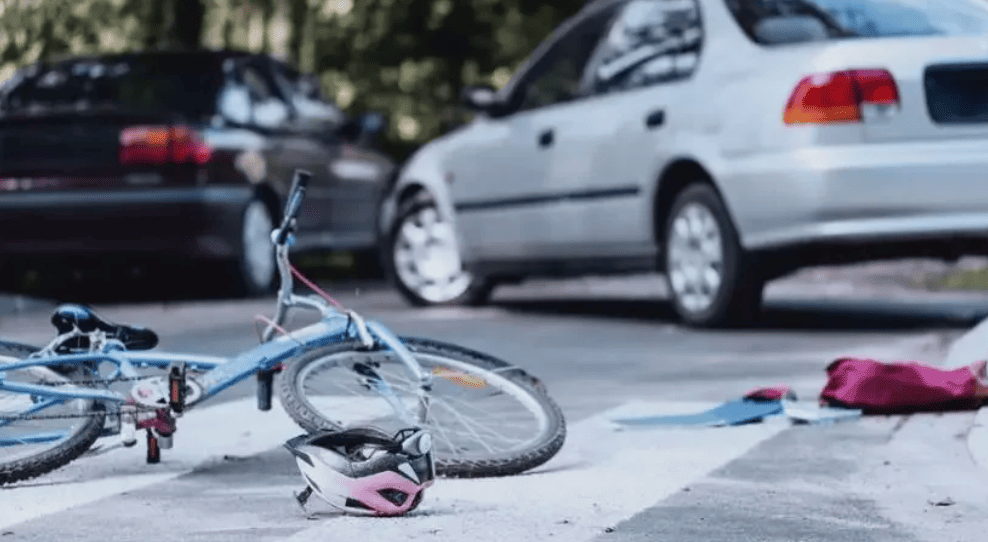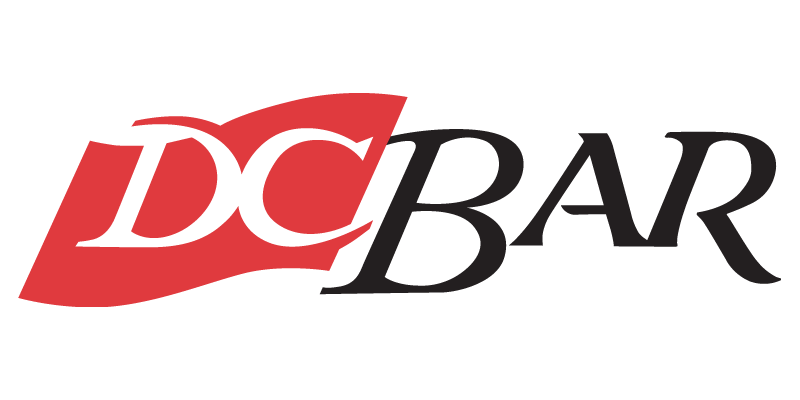When insurance companies refuse to pay after a car accident in the U.S.
Many drivers in the United States face situations where insurance companies deny covering damages after a car accident. Such scenarios require awareness of one’s rights and methods for protecting interests.
Common reasons why insurers may deny payment
Here are some typical grounds for denying payment after a car accident:
- Late notification. Most insurers expect prompt notification of any incident. Failure to inform the company within specified timeframes constitutes a serious ground for denial.
- Improper documentation. Errors in paperwork or missing required data provide legitimate reasons for rejecting claims.
- Unauthorized use of vehicle. An accident involving theft or unauthorized use of the vehicle by someone else is also cause for refusal.
- Traffic violation by driver. Many contracts exclude coverage if the owner violates traffic regulations severely.
- Repair before expert assessment. Making repairs before formal evaluation prevents accurate assessment of actual damage extent.
Methods for contesting an insurance company’s decision
A rejection does not mean defeat. Several effective tools exist to challenge the decision:
Step #1: Review your insurance policy
First, thoroughly read your insurance agreement and verify whether stated reasons align with its provisions.
Step #2: Send a formal complaint letter
Draft a complaint letter detailing the situation and referencing applicable laws and contract clauses. Mail it certified with return receipt requested.
Step #3: Obtain independent appraisal
If uncertain about damage estimates made by the insurer, hire an independent expert appraiser. They’ll determine true damage scope and support your claim.
Step #4: File a Complaint with regulatory authorities
If the insurer continues ignoring requests, submit complaints to state agencies overseeing insurance activities (e.g., State Department of Insurance).
Step #5: Take legal action
As a last resort, initiate legal action. Prepare a lawsuit and attach copies of correspondence, complaints, and independent experts’ reports.
Preventive measures against insurance rejections
Several useful tips prevent such issues:
- Notify your insurer promptly about every accident.
- Fill out forms accurately and eliminate errors.
- Avoid starting repairs until damage has been assessed officially.
- Keep original receipts and bills safe.
Example: If your car gets into an accident, immediately notify police and your insurer, saving all invoices for towing, parking, and technical inspection.
Conclusion
Despite potential refusals from insurance companies to cover losses after a car accident, you can still safeguard your rights and achieve proper compensation. Knowledge of the law and consistent defense of your interests are key.
Helpful tip: Before signing an insurance contract, study its terms closely to avoid unpleasant surprises later.













